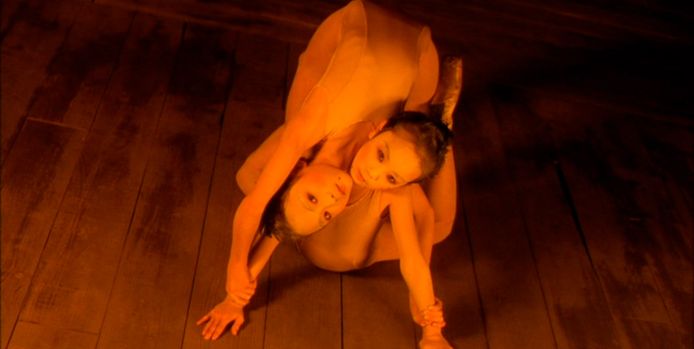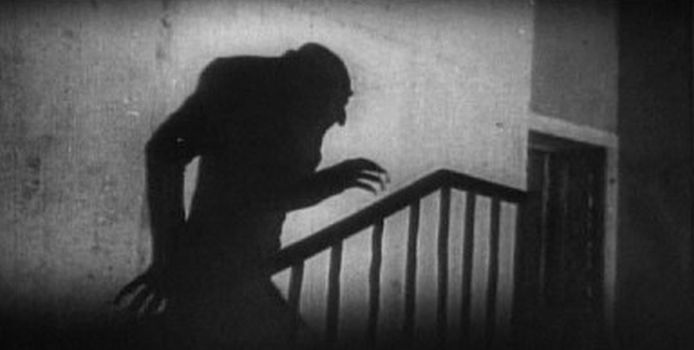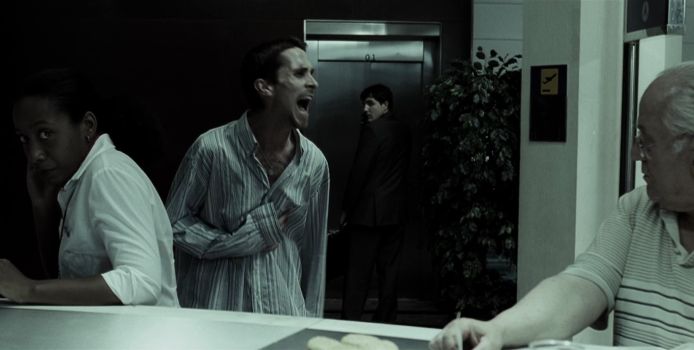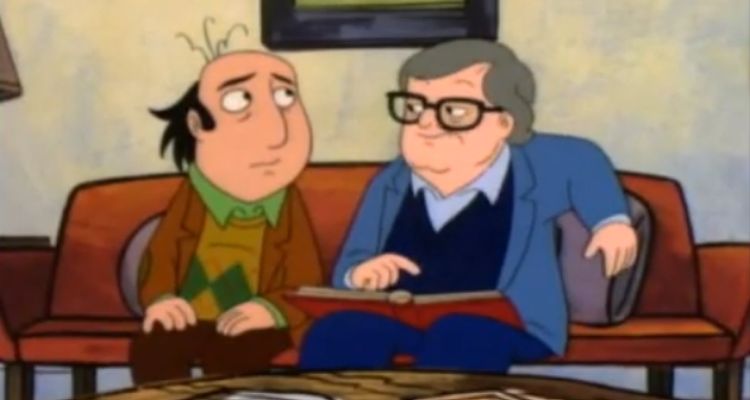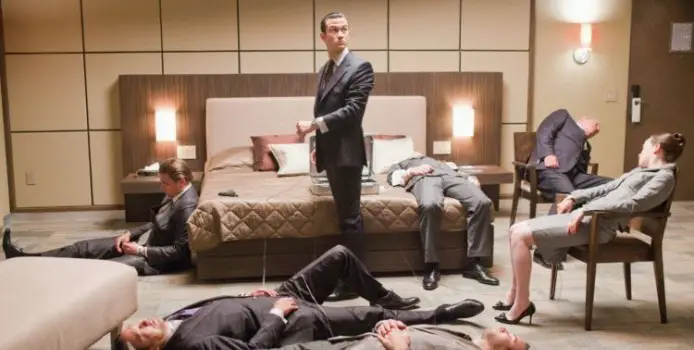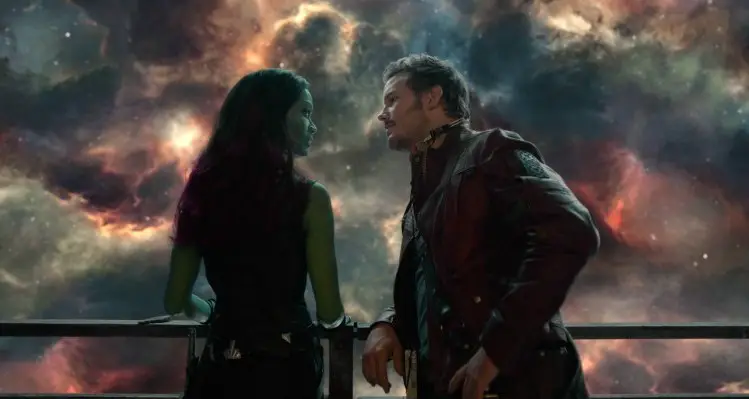Features
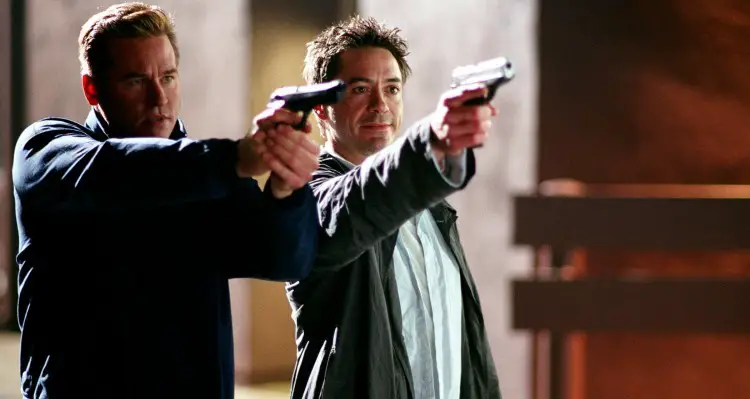
Film Noir stems back to the earlier days of Hollywood, starting with the Humphrey Bogart classic The Maltese Falcon in 1941. This film, the first from cinema great John Huston, established many of the trademarks we associate with the sub-genre today. The term Film Noir literally means “black film” and refers to how dark and shadowy the films tend to be.

It is easy to be a bit cynical about the state of modern commercial filmmaking. So many of today’s wide-released movies are either remakes of a remake of a remake or star a buff white dude fighting crime (usually in a cape or police uniform). With big studios investing so much money in the big movies we see today, they cannot afford to take huge risks.
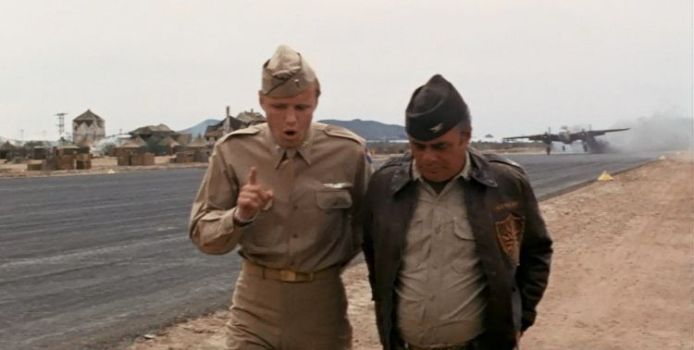
If you ask somebody about the war films they’ve seen, the first titles that come to mind are usually large-scale epics that feature scenes of combat and violence. These films effectively depict the horrors of war. However, the level of action in some of these films can be distracting and compromise our emotional involvement with the characters once we see how quickly they can vanish, and the level of violence that can occur.
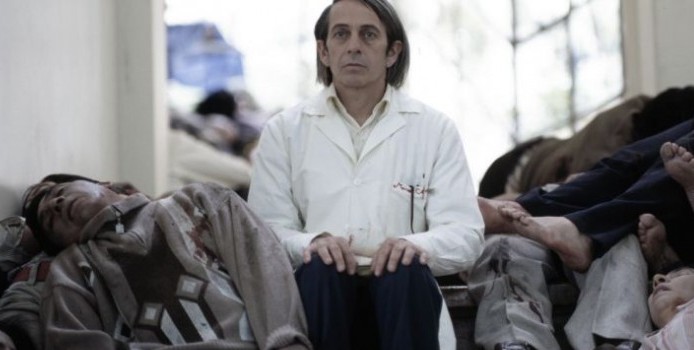
Chilean Filmmaker Pablo Larraín never mentioned the word Trilogy when he embarked on creating Tony Manero (2008), Post Mortem (2010) and No (2012), however, these three films do act as part of a whole: Larraín’s vision regarding Pinochet’s military coup of 1973 and the ensuing dictatorship. Tony Manero and Post Mortem are both grim parables of folks stuck in a moral stupor, wandering the streets of a Chile that no longer knows itself, that silently witnesses the arrest and disappearance of hundreds of people every day, violence and torture a common thing and a convenient shroud for the crimes of civilians.
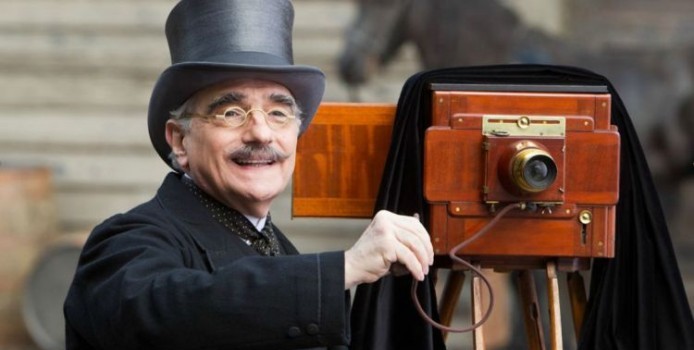
What I love about Martin Scorsese is that he is a filmmaker who loves movies. Over the years his personality has taken on new dimensions as a film historian as well as a director. The movies he’s restored through his non-profit Film Foundation company has brought tons of movies that would have either gone unseen, or deteriorated without his restoration projects.


